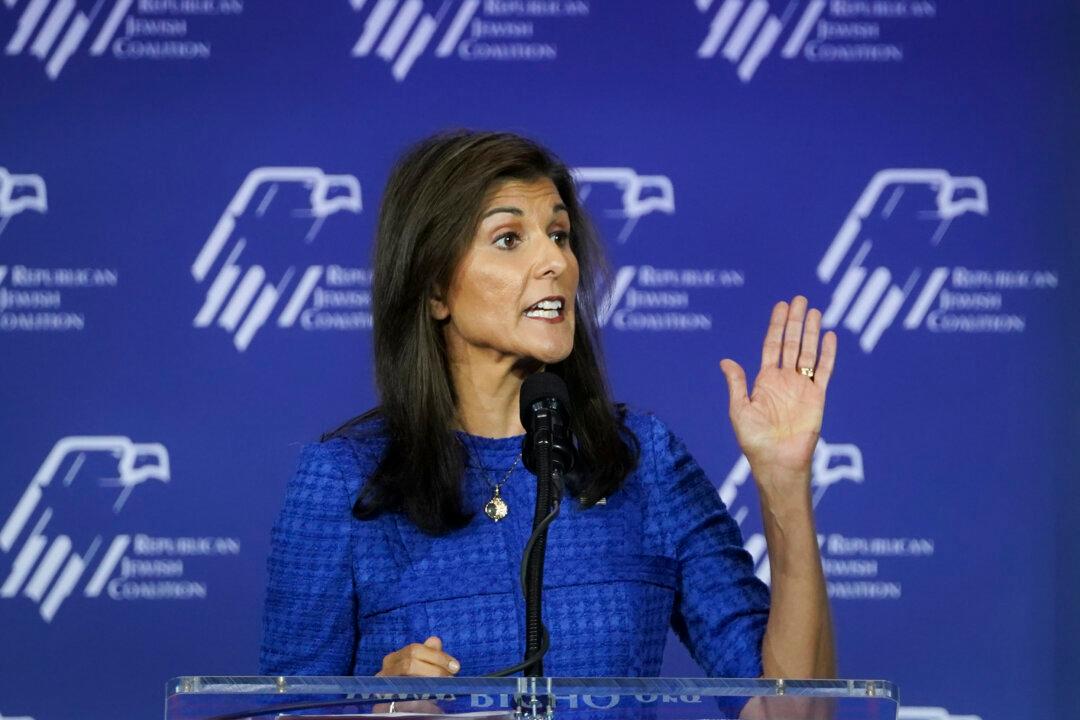Commentary
Nikki Haley clearly isn’t going to be president, but she’s getting loads of media attention. Thus did she use that attention to deploy what’s frankly a totalitarian plan for all social media accounts in the United States. The “first thing” she demands is that all social media companies make their algorithms public (actually X already does). The “second thing” is that “every person on social media should be verified by their name.”





